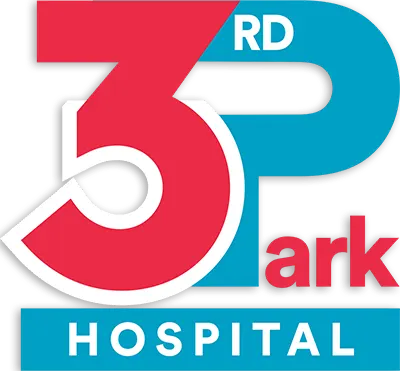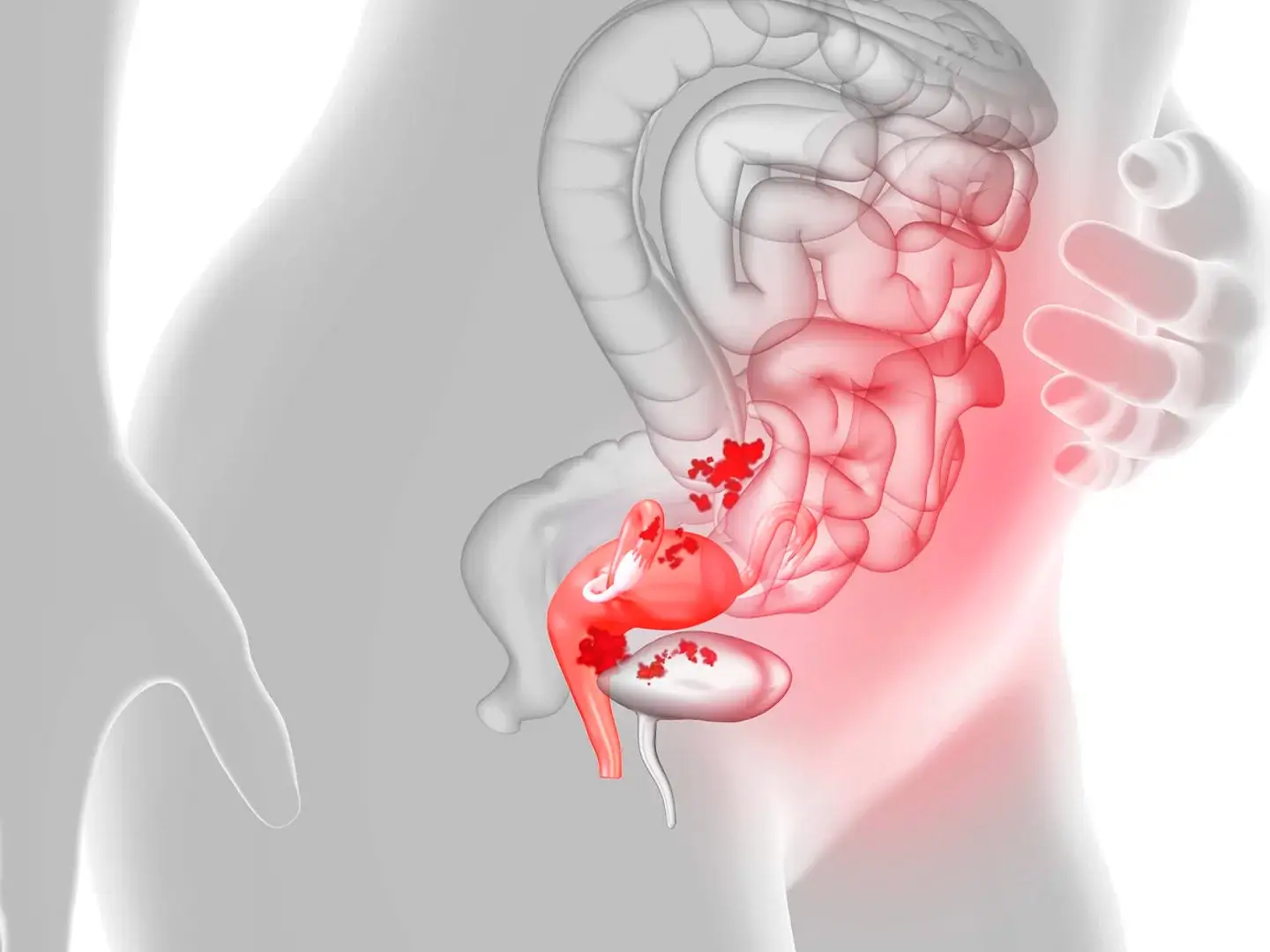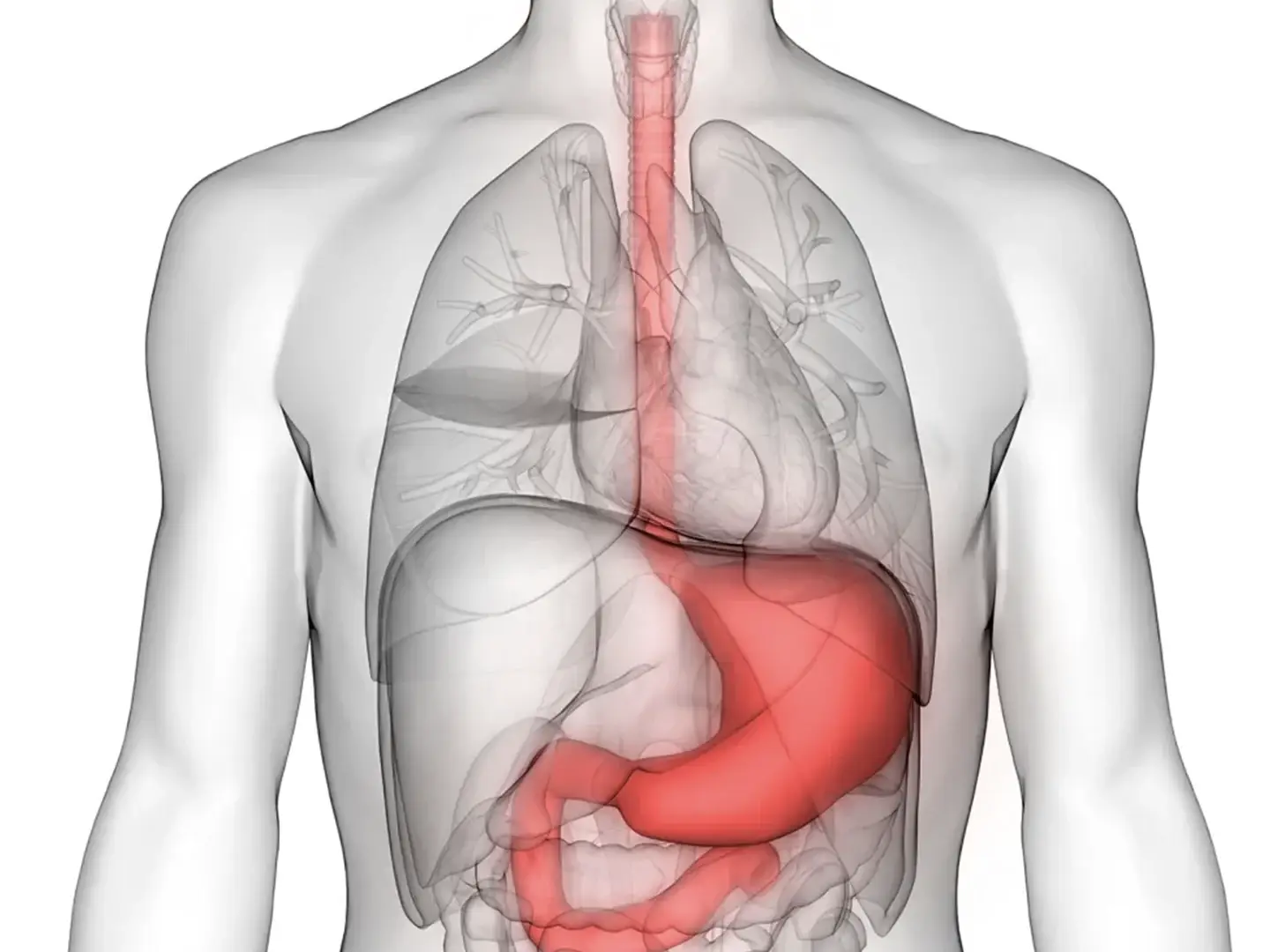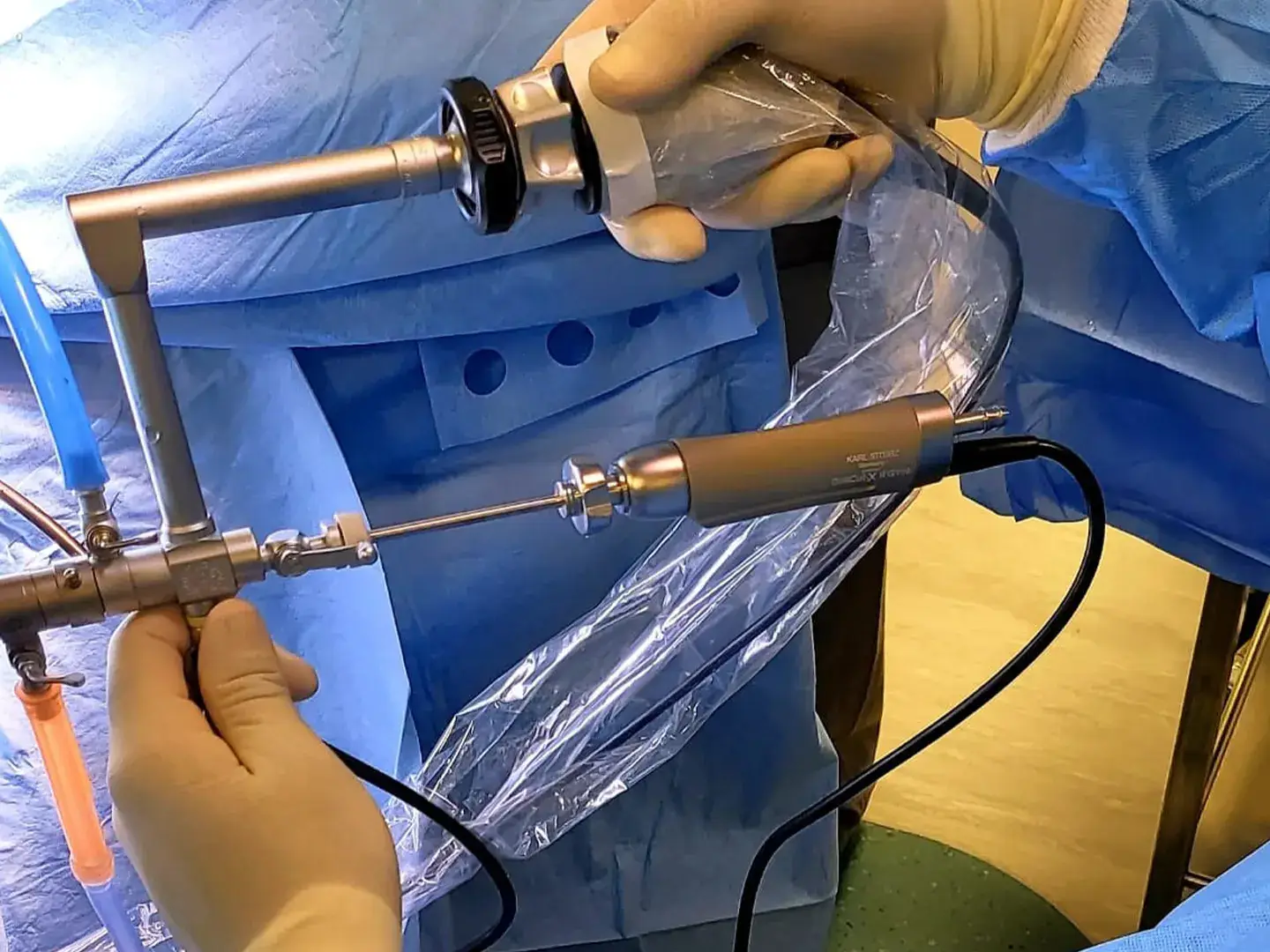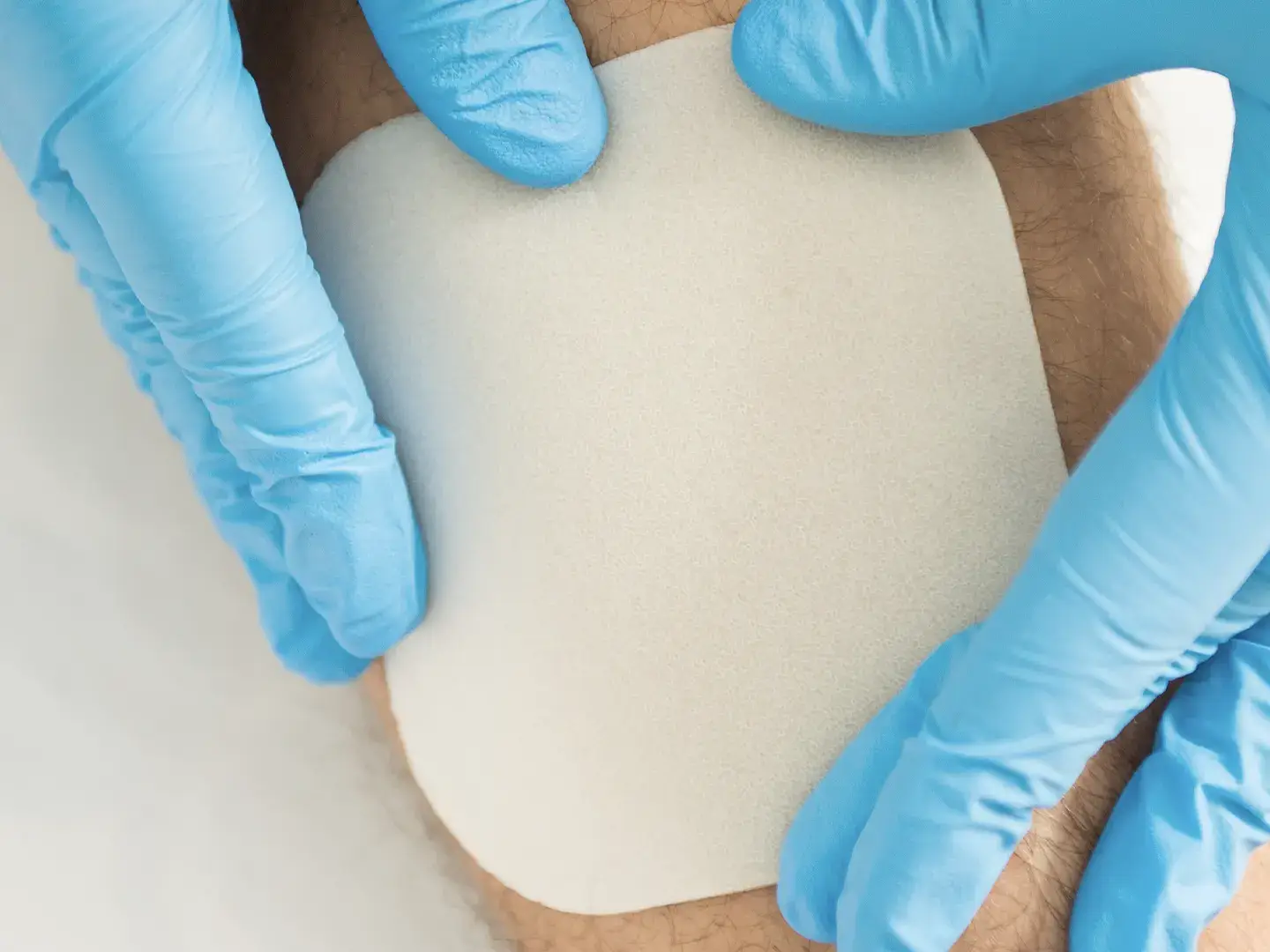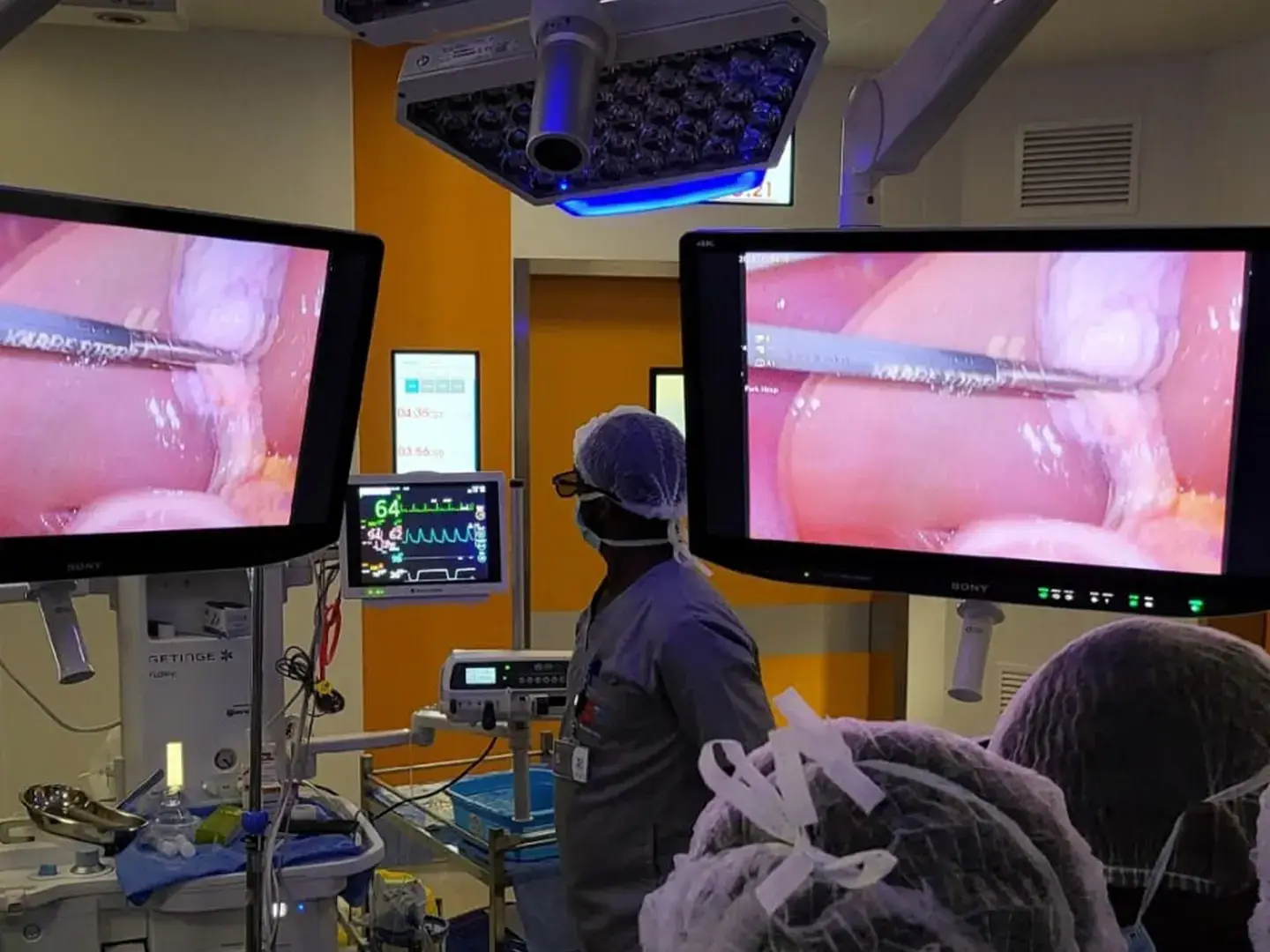What is Interventional Pain Management?
Interventional Pain Management is a “discipline of medicine devoted to the diagnosis and treatment of pain related disorders”.
Interventional Pain Medicine utilises a multidisciplinary approach, in which a team of health care professionals works together to provide a full range of treatments and services for patients suffering from chronic and/or acute pain.
The goals of interventional pain management are to relieve, reduce or manage pain and improve patient’s overall quality of life through minimally invasive techniques specifically designed to diagnose and treat painful conditions. Interventional pain management also strives to help patients return to their everyday activities quickly and without heavy reliance on medications.
Types of Interventional Pain Management:
- Epidural injections (in all areas of the spine) is the use of anaesthetic and steroid medications injected into the epidural space to relieve pain or diagnose a specific condition.
- Nerve, root and median branch blocks involve injections done to determine if a specific spinal nerve root is the source of pain. Blocks also can be used to reduce inflammation and pain.
- Facet joint injections is an injection used to determine if the facet joints are the source of pain. These injections can also provide pain relief.
- Discography is an "inside" look into the discs to determine if they are the source of a patient's pain. This procedure involves the use of a dye that is injected into a disc and then examined using x-ray or CT scan.
- Pulsed Radiofrequency Neurotomy (PRFN) is a minimally invasive procedure that disables spinal nerves and prevents them from transmitting pain signals to the brain.
- Rhizotomy is a procedure in which pain signals are "turned off" through the use of heated electrodes that are applied to specific nerves that carry pain signals to the brain.
- Spinal cord stimulation is the use of electrical impulses that are used to block pain from being perceived in the brain.
- Intrathecal pump is a surgically implanted pump that delivers pain medications to the precise location in the spine where the pain is located.
- Percutaneous Discectomy / Nucleoplasty is a procedure in which tissue is removed from the disc in order to decompress and relieve pressure.
Interventional Pain Management physicians often include other treatments such as physical therapy, occupational therapy and lifestyle modification (such as exercise, diet and smoking cessation) to further enhance these procedures.
What Can You Expect?
What is the process at 3rd Park Hospital?
The patient first comes to 3rd Park Hospital for a consultation followed by investigations and then they will go for the procedure as per the need.
What is the difference between pain management and interventional pain management?
Traditional pain management has been used for generations. These are medical means of managing pain, which might include things ranging from over-the-counter medications all the way up to prescribing opioids to manage flare ups in pain. This might even include the application of heat or cold to an area in pain.
The problem with this type of pain management, like taking an Advil or Tylenol, for example, is that it does not address the root of the issue. But beyond that, this is a very temporary fix and the risks of addiction to opioids is great.
Unlike traditional pain management, interventional pain management uses minimally invasive procedures to, quite literally, intervene and disrupt the signals of pain. These might include steroid injections, joint injections or other therapies. These must be performed by a pain specialist who is experienced and qualified in treating your specific type of pain.
Interventional Pain Management Techniques:
Injections
Various Injections may be used as a technique to either temporarily or permanently reduce the pain you’re experiencing. At Summit Spine & Joint, we utilise injections including:
- Cervical epidural steroid injection
- Facet joint injections
- Lumbar epidural steroid injection
- Lumbar transforaminal epidural steroid injection
- PRP injection for chronic knee pain
- Sacroiliac joint steroid injection
Nerve Blocks
Nerve Blocks may be helpful for people who have low back pain, such as those who experience sacroiliac joint pain, sacroiliitis or facet joint pain. Your physician will block the nerve that gives the joint sensation. Many patients experience anywhere from a few months to even a year of pain relief with nerve blocks.
Types of nerve blocks based on your specific symptoms and diagnosis may include:
- Celiac plexus block
- Lumbar sympathetic block
- Medial branch block
- Stellate ganglion block
- Radio frequency ablation
People who have had success with nerve block therapies are good candidates for radiofrequency ablation. This interventional pain management technique utilises heat therapy to reduce or eliminate pain signals to the brain. Patients who experience facet joint syndrome symptoms such as arthritis or even sacroiliitis symptoms may benefit from long-term pain relief from this procedure.
Specialized Medical Services in Kenya
Explore our services
Adenomyosis Treatment
Adenomyosis is a chronic painful condition, with growth of the inner layer of the uterus (aka…
Gastroenterology and Endoscopic Procedures
Our gastroenterology services cover a range of conditions affecting the digestive system. We offer…
Gynaecology Surgeries
Gynaecology is a medical specialty that focuses on the female reproductive system, including the…
Wound Care Specialist Services
Wounds that are not managed well cause a lot of complications. At our hospital in Nairobi, we…
General Surgery
General Surgery includes a core knowledge of anatomy, physiology, metabolism, immunology,…
Blood Transfusion Services
We have a competent team and blood bank services to handle the needs of our patients requiring…
Laparoscopy
Laparoscopy is a minimally invasive procedure. Laparoscopies are used to diagnose medical…
Infertility and IVF with PGS
We can help you make dreams of parenthood become a reality. Our state-of-the-art fertility facility…
Orthopaedic Surgeries and Joint Replacements
We offer a the whole spectrum of orthopaedic surgeries at our private hospital in Nairobi.
